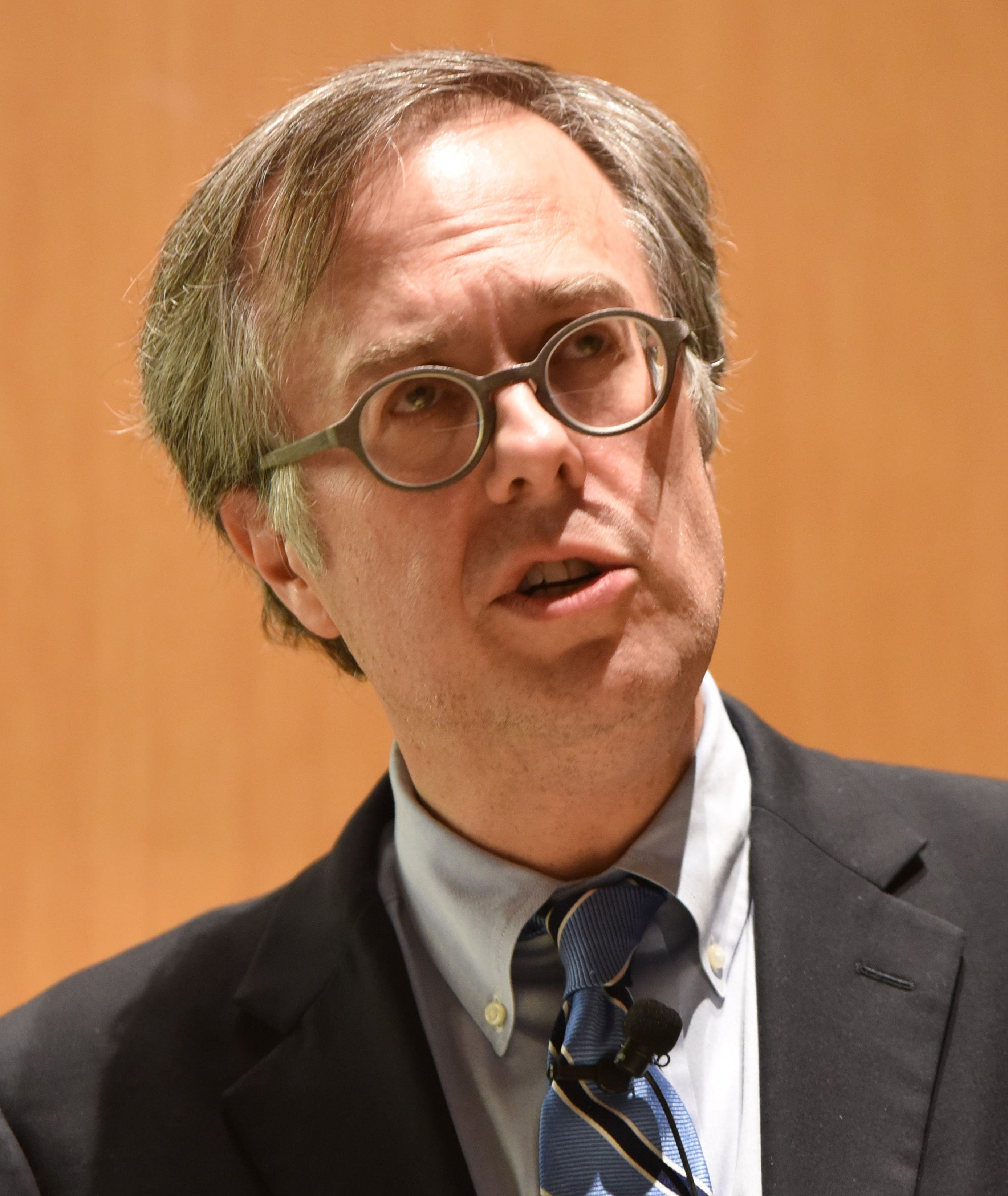WASHINGTON - At first, it seemed like an Internet hoax. A doctor, over a glass of wine and a salad, coldly describes the extraction and monetization of fetal body parts. Surely this is some kind of sick parody.
But it is not a hoax. It is Planned Parenthood's senior director of medical services, Deborah Nucatola, caught in a sting video by an anti-abortion group. Planned Parenthood's reaction essentially confirmed the conversation as genuine but insisted it concerned the extraction of tissue for scientific research "under the highest ethical and legal standards."
The full video of the lunch is available online for those willing to risk losing their own. An excerpt:
"I'd say a lot of people want liver," says Nucatola. "And for that reason, most providers will do this case under ultrasound guidance so they'll know where they're putting their forceps. The kind of rate-limiting step of the procedure is calvarium. Calvarium - the head - is basically the biggest part. We've been very good at getting heart, lung, liver, because we know that, so I'm not gonna crush that part. I'm gonna basically crush below, I'm gonna crush above, and I'm gonna see if I can get it all intact. And with the calvarium, in general, some people will actually try to change the presentation so that it's not vertex. So if you do it starting from the breech presentation, there's dilation that happens as the case goes on, and often, the last step, you can evacuate an intact calvarium at the end."
"A lot of people want liver." Defenders of Planned Parenthood assure us this is a normal feature of modern medicine. But many will find it surprising there is a market for human body parts - running, according to Nucatola, from $30 to $100 per specimen - that includes a demand for fetal heads. This harvest, according to Planned Parenthood, is ethical because the charge is only for shipping and handling and brings "no financial benefit." But charging a fee certainly improves the finances of a clinic compared to not charging a fee for the same work, even if a profit isn't made.
What do we learn from the video? First, it shows the appalling trivialization of life at the heart of extreme pro-choice ideology. If a developing life is really the moral and medical equivalent of a cyst or tumor, there is no limit on how it may be exploited. But most people - even those who support Roe v. Wade - intuitively recognize that the boy or girl in the sonogram is not a cyst. We see a family resemblance in a genetically differentiated human at an early stage of development. And people generally don't want developing human beings treated as rubbish or raw materials.
Second, this shows the ethical danger of dehumanization. Whenever we start down the path of saying that some lives have diminished (or nonexistent) value, we harden something about ourselves that should be soft. This is true, in a different and lesser way, of comparing poor people on food stamps to animals. Or of saying that most illegal immigrants are rapists. It is always a source of serious ethical risk when we categorize a group of human beings as different and worthless. It leads, over time, to a callousness that can be shocking and dangerous.
Third, this case shows a deep tension within American society. All our best instincts push toward expanding the circle of inclusion and protection. Even opponents of same-sex marriage must admit that the rapid shift of public opinion on this issue has resulted from an impulse of generosity. But how does abortion - particularly late-term abortion - square with this trend in liberal societies? Many progressives paper over this tension by denying any value to a fetus until it emerges from the birth canal. But this is both medically and morally implausible.
These points are really one point. Human beings have a biological instinct and a moral imperative to care for their young. And in this calling, birth is an arbitrary dividing line. Most people think of a zygote as something different from a child. But particularly as technology has allowed us to peer into the womb, human instincts for protection have engaged earlier than nine months. And those who have entirely lost that instinct - including, apparently, the Planned Parenthood doctor - seem disconnected from the values of a compassionate society.
In this case, revulsion is not mere sentimentality. It is the sign, and requirement, of our humanity.
Washington Post Writers Group

